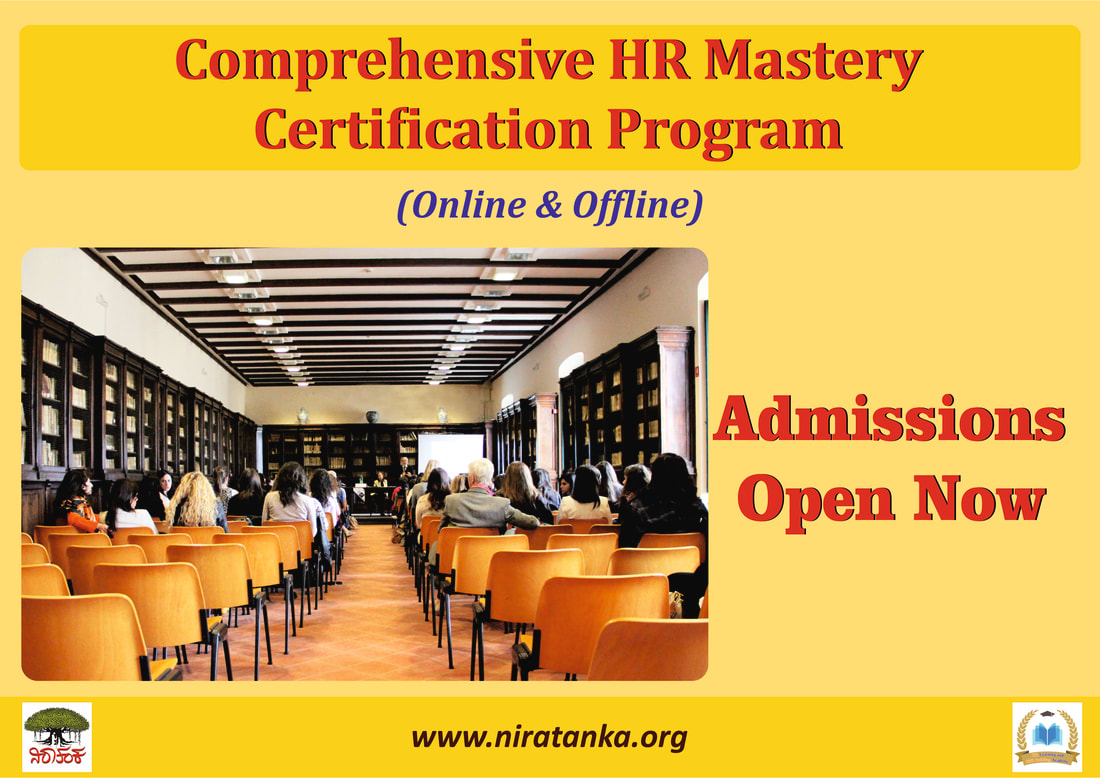|
The Constitution of India is based on the principles of equality and guarantees equality before law and equal protection to all its citizens. It not only guarantees fundamental rights and freedoms, but also prohibits discrimination on the basis of religion, race, caste, sex, and place of birth. However, these rights have remained de jure and have not been translated into de facto rights. As such, women have been denied social, economic, civil and political rights in many spheres. An important area where women have been inadequately represented is in the political sphere. Articles 325 and 326 of the Constitution of India, guarantee political equality, equal right, to participate in political activities and right to vote respectively. While the latter has been accessed, exercised and enjoyed by a large number of women, the former i.e., right to equal political participation is still a distant dream. Lack of space for participation in political bodies has not only resulted in their presence in meager numbers in these decision making bodies but also in the neglect of their issues and experiences in policy making.
Pandith Sudhakara: An Ardent Patriot and a Vedic Scholar (A Link between three Centuries)10/31/2017 SUDHAKAR Chaturvedi (born 20 April 1897) is a Vedic scholar who lives in Jayanagar, Bangalore in Karnataka, India. The surname Chaturvedi literally means “Master of the four Vedas”, but in the present time it has become a common surname; however, Sudhakar Chaturvedi is a Chaturvedi in the original sense as he has spent a majority of his life studying the four Vedas. He was given the name "Chaturvedi" for his knowledge of the Vedas. He is a disciple of Swami Shraddhanand at Gurukul Kangri in Haridwar, where he got his Veda Vachaspati degree (equivalent to a Post Graduate Degree).
International Field Training
Mid Sweden University has a long tradition of international field training for social work students. Over the years we have had more than 1000 students travelling to other countries. India stands out as one important partner and our students have most certainly learned a lot from Indian social workers and scholars. Some of these experiences resulted, on the initiative of professor Marulasiddaiah, in the book “Devotion and empowerment”(Ottelid, 2008). It was probably the April of 1974. Bangalore was getting warm and gulmohars were blooming at the IISc campus. I was the only girl in my postgraduate department and was staying at the ladies' hostel. Other girls were pursuing research in different departments of Science. I was looking forward to going abroad to complete a doctorate in computer science. I had been offered scholarships from Universities in the US... I had not thought of taking up a job in India.
John was having trouble in his Indian history class. He wasn’t focused in class, never turned in homework, and was in danger of failing and having to repeat the eighth grade. Repeated calls to John’s parents from both his teacher and his school counselor brought no responses. The school administration, then called in the school social worker who visited John’s home and talked to his parents. The family was going through a crisis brought on when John’s father lost his job. After several months of job searching, he remained unemployed and had begun drinking alcohol to excess on an almost daily basis. This led to marital problems and a generally unhealthy home atmosphere. The school social worker was able to direct John’s parents to appropriate community agencies that could help the family deal with the stressful situation. She also set up a testing and counseling session for John. Several months later, the family was in group counseling and John was in a special after-school tutoring program. John’s father still had not found a job; but the family was on a more even keel, and it looked like John was going to pass Indian history.
Children of today are the youth of tomorrow. HIV affects this very precious generation and bear grave consequences to our future, our nation, the continent and the world at large. Children and adolescents are an ever-growing part of the HIV/AIDS epidemic. The impact of paediatric AIDS on the families and on the society at large is only beginning to be fully appreciated. The occurrence of a life threatening illness during childhood has a profound effect on the psychological, social and spiritual integrity on the child and the family. The life threatening illness adds additional challenges to the family where multiple family members are often infected, ill, dying or dead.
The most common emotions among the children in early and late childhood are anger, fear, jealousy, curiosity, envy, joy and grief. Emotions are intense during Childhood. Angry feelings are normal emotional reactions to daily stresses in life that range from irritated to enraged. Although any emotions may be heightened in the sense that it occurs more frequently and more intensely than is normal for that particular individual, heightened emotionality in early childhood is characterized by temper tantrums, intense fears and unreasonable outburst of jealousy. Much of the heightened emotionality characteristics of this stage is psychological rather that physiological in origin.
Kurt Zadek Lewin (September 9, 1890 - February 12, 1947) was a German-American Psychologist, known as one of the modern pioneers of social, organizational, and applied psychology. Lewin is often recognized as the "founder of Social Psychology" and was one of the first to study group dynamics and organizational development.
There is a lot of hue and cry in the society for the equal status for women. Though few women have secured that status in some advanced countries, much has to be done to secure women the status that makes them avail the opportunities.
To demand this status there are lots of organizations working around. It is a task, a war against the age old practices, traditions which often have the last laugh even now.! The trend has changed. Working for the upliftment of status of women is a mission no doubt, but the rate at which dwindling ratio of women in comparison to men needs to be attacked to. Abstract
Field work occupies a very significant position in the curricula for Social Work Education as it is an integral part of the training programme. Field work in Social Work Education refers to training and education. It is a dynamic process of observing to acquire creative and innovative ideas. It helps the Social Work trainees for the development of their intellectual and emotional attitudes. It is a combination of both theory and practice along with philosophy for the action. This technique depends on scientific knowledge to understand the people and the social phenomenon. It provides an opportunity for the Social Work trainees to apply their theoretical Knowledge to understand the practical aspects. If the social work practitioner desires to be effective in his venture, it is not only enough to acquire requisite knowledge of theory but it is equally necessary to gain experience through practice in the field by using such knowledge. Field Work opens the platform for Social Work trainees to apply theoretical knowledge acquired through many ways but mainly through attending classes and reading the concerned literature. This type of situation in Social Work is described as ‘Professional application’ part of Social Work education. This article examines the criteria of routine activities of public student performance, peer accountability, adaptive anxiety, and accountability of field work in Social Work education. It argues that field work is the backbone of Social Work education and it has to be utilized in its fullest sense to strengthen the effectiveness of social work education. Who are we:
Sofia Idström, 26 years, comes from Gothenburg in Sweden. I have one bigger brother, Alex who does his PhD in chemistry, Father J.P, doctor in Chemistry, mother Ulla, social worker. I finished 12 standard in 2003 and after that I travelled India, South America, Oceania and Europe and I have been working. I started my social work studies in 2008 at MidSweden University, Östersund. I love travelling, playing and listening to music, create, and photography. A note on Social Work Education (indirectly talks about the profession also) in the light of present day realities.
A question comes to mind that.... Is Social Work Education a Panacea for the Present Societal Challenges? Globalization impacts on all countries, adversely affecting developing countries such as India. Global and national standards for Social Work Education should develop appropriate perspectives addressing the negative feelings of communities. Born on 30 December 1950, Sudarshan lived and studied in Yemlur near Bangalore in a Kannada medium school. He was a normal bright child till the age of 12, when the trauma of his father’s death changed his life forever. They were visiting a village on Vijayadashimi day. His father suddenly had a heart attack. Young Sudarshan ran to get the local quack that was the closest thing to a doctor the village had. Despite all this, his father passed away, as he says `literally on my lap’. That day he decided to become a doctor.
Born : 14 January 1875
Died : 4 September 1965 (aged 90) Nationality : German (1875–1919), French (1919–1965) Fields : Medicine, Music, Philosophy, Theology Known for : Music, Philanthropy, Theology Notable Awards : Goethe Prize (1928), Nobel Peace Prize (1952) Albert Schweitzer (14 January 1875 – 4 September 1965) was a German (Alsatian) theologian, organist, philosopher, physician, and medical missionary. He was born in Kaysersberg in the province of Alsace-Lorraine, in the German Empire. Schweitzer, a Lutheran, challenged both the secular view of Jesus as depicted by historical-critical methodology current at his time in certain academic circles, as well as the traditional Christian view. He depicted Jesus as one who literally believed the end of the world was coming in his own lifetime and believed himself to be a world savior. He received the 1952 Nobel Peace Prize for his philosophy of "Reverence for Life", expressed in many ways, but most famously in founding and sustaining the Albert Schweitzer Hospital in Lambaréné, now in Gabon, west central Africa (then French Equatorial Africa). As a music scholar and organist, he studied the music of German composer Johann Sebastian Bach and influenced the Organ reform movement (Orgelbewegung). Introduction:
There is so much talk about ‘accountability’ nowadays. Each NGO seems to have its own convenient way of describing what this means to it. We seem to be unsure of the extent and the spirit behind such an extraordinary concept. A few of them are clear that it means submitting their reports regularly and on time. For others it means the efficient and effective deployment of resources at their command. For a few more, it means ensuring responsiveness to the community and being accountable to them. While one can keep debating and expanding these definitions, I have always been fascinated by a simple definition given to me by an extraordinary person. Social Work grew out of humanitarian and democratic ideals, and its values are based on respect for the equality, worth, and dignity of all people. Since its beginnings over a century ago, social work practice has focused on meeting human needs and developing human potential. Human rights and social justice serve as the motivation and justification for social work action. In solidarity with those who are disadvantaged, the profession strives to alleviate poverty and to liberate vulnerable and oppressed people in order to promote social inclusion. Social work profession addresses the barriers, inequities and injustices that exist in society. Its mission is to help people to develop their full potential, enrich their lives, and prevent dysfunction. Professional Social Work is focused on problem solving and change. As such, social workers are change agents in society and in the lives of the individuals, families and communities they serve. It responds to crises and emergencies as well as to everyday personal and social problems. Social Work utilizes a variety of skills, techniques, and activities consistent with its holistic focus on persons and their environments. Social Work interventions range from primarily person-focused psychosocial processes to involvement in social policy, planning and development. These include counselling, clinical social social work, group work, social pedagogical work, and family treatment and therapy as well as efforts to help people obtain services and resources in the community. Interventions also include agency administration, community organization and engaging in social and political action to impact social policy and economic development. The holistic focus of social work is universal, but the priorities of social work practice will vary from country to country and from time to time depending on cultural, historical, and socio-economic conditions.
Paper presented at Sambhrama 2011’, National Seminar on ‘Human Rights Approach to Development’, sponsored by UGC, Dept of PG Studies and Research in Social Work, SDM College (Autonomous), Ujire, Karnataka, India, 10th and 11th March 2011.
There is so much about ‘Corruption’ and ‘Scams’ in the news now a days. We wake up in the morning hearing about one new one and go to bed watching the latest debate with all the neo-intellectuals telling us how the problem is growing and how it is affecting our lives. The last few weeks have seen our parliament virtually come to a grinding halt not in trying to understand and end this cancer, but asking the Government to form another needless committee which can endlessly debate this issue and come up with nothing substantial. Having worked in building local communities in controlling corrupt practices in public services affecting their lives, I would also like to add my 2 cents to the debate.
“Contractor” in relation to an establishment, means a person who undertakes to produce a given result for the establishment, other than a mere supply of goods or articles of manufacture to such establishment, through contract labour or who supplies contract labour for any work of the establishment and includes a sub-contractor; ‘A workman shall be deemed to be employed as "contract labour" in or in connection with the work of an establishment when he is hired in or in connection with such work by or through a contractor with or without the knowledge of the principal employer'
What is 80G?
People know that an NGO can avail income tax exemption by getting itself registered and complying with certain other formalities, but such registration does not provide any benefit to the persons making donations. The Income Tax Act has certain provisions which offer tax benefits to the "donors". All NGO's should avail the advantage of these provisions to attract potential donors. Section 80G is one of such sections. What is a "Change Agent?
On the outset I must admit that being ‘a change agent’ is a noble aspiration. I assume ‘change’ in most of the contexts is for good and not for destruction. In my mind, change is akin to "making people better". This is something we all strive for in our social work colleges with our students, our field work agencies and the community. Ageing is a universal biological fact and a natural process. It begins from the day we are born, or perhaps even before. The perception of age, however , is socially constructed. Isolation, exclusion and marginalization of older persons are the consequences of age discrimination. It undermines their concerns systematically into the overall developmental agenda.
Need for Psycho-Social Interventions among Adolescents: (Present Perspectives and Future Prospect)10/28/2017 Introduction:
The word Adolescence is Latin in origin, derived from the word “adolescere”, which means, “to grow into adulthood.” “In all societies adolescence is a time of growing up, of moving from the immaturity of childhood into the maturity of adulthood, of participation for the future.” Adolescence is a period of transitions, biological, psychological, social and economic and from immaturity into maturity which occur universally; virtually without exception. Some of these passages are long and some are short; some are smooth and others are rough. And not occur at the same time. The fundamental challenges of adolescence which gives the period its special flavor and significance are onset of puberty, emergence of more advanced thinking abilities and transition into new roles in society. (Paul.D et al: 2006) Aims to enhance programmes and perspectives on child development. National Institute of Public Cooperation and Child Development generally called as NIPPCD. It is an autonomous organization under the administrative jurisdiction of the Department of Women and Child Development, Ministry of Human Resource Development. The Bangalore branch of NIPCCD organizes training in child development for government personnel and NGOs of the southern states. It initiates research, documentation and dissemination in the area of child development, and has a library of publications on child development. It is the apex body for training and monitoring of the Integrated Child Development Services (ICDS) programme. As the Secretariat for the National Children's Fund it helps voluntary agencies implement child development projects.
Preamble
The Foreign Contribution (Regulation) Act, 1976 (hereinafter referred as ‘FCRA’) was passed by the Indian Parliament and received the assent of the President of India on 31st March, 1976. The preamble to the Act reads as follows : An Act to regulate the acceptance and utilization of foreign contribution or foreign hospitality by certain persons and associations, with a view to ensuring that parliamentary institutions, political associations and academic and other voluntary organisations as well as individuals working in the important areas of national life may function in a manner consistent with the values of a sovereign democratic republic, and for matters connected therewith or incidental thereto. |
Categories
All
Social Work Learning Academy50,000 HR PROFESSIONALS ARE CONNECTED THROUGH OUR NIRATHANKA HR GROUPS.
YOU CAN ALSO JOIN AND PARTICIPATE IN OUR GROUP DISCUSSIONS. MHR LEARNING ACADEMYGet it on Google Play store
|
SITE MAP
SiteTRAININGnIRATHANKA CITIZENS CONNECTJOB |
HR SERVICES
OTHER SERVICES |
NIRATHANKAPOSHOUR OTHER WEBSITESSubscribe |
50,000 HR AND SOCIAL WORK PROFESSIONALS ARE CONNECTED THROUGH OUR NIRATHANKA HR GROUPS.
YOU CAN ALSO JOIN AND PARTICIPATE IN OUR GROUP DISCUSSIONS.
YOU CAN ALSO JOIN AND PARTICIPATE IN OUR GROUP DISCUSSIONS.
|
|

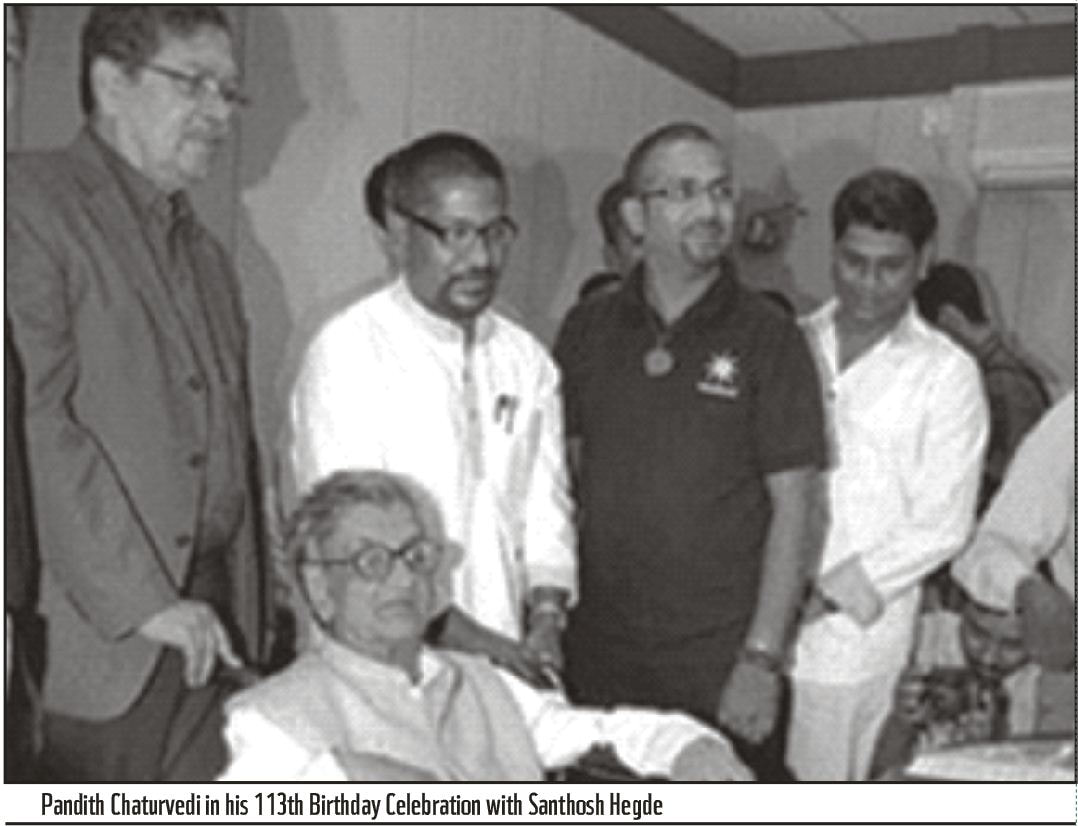
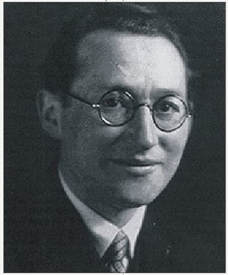
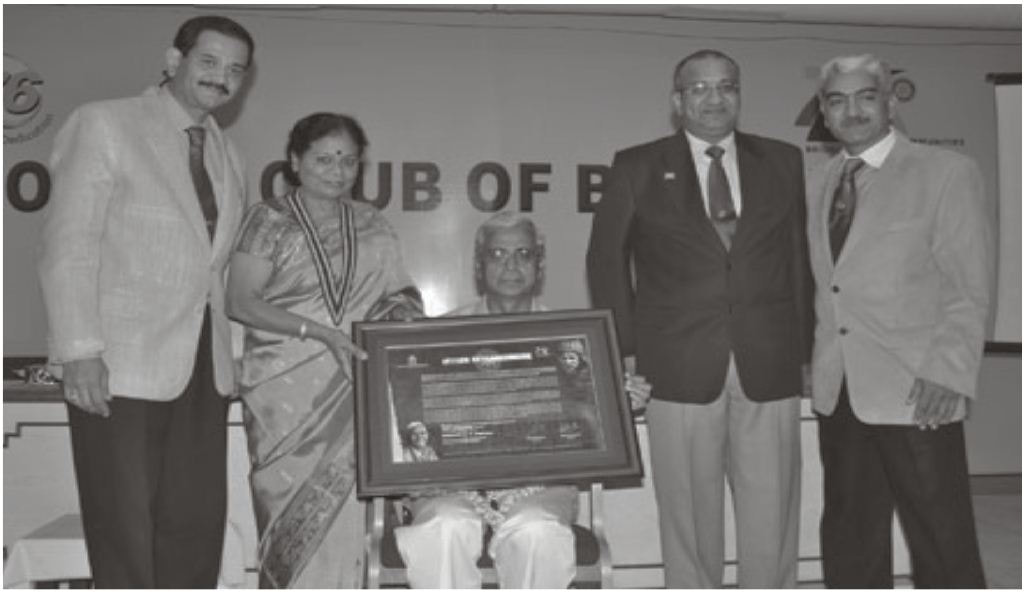
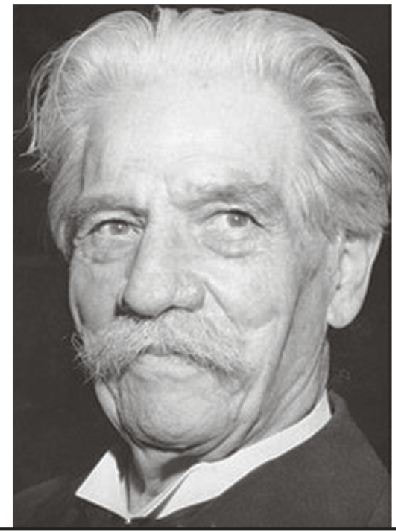
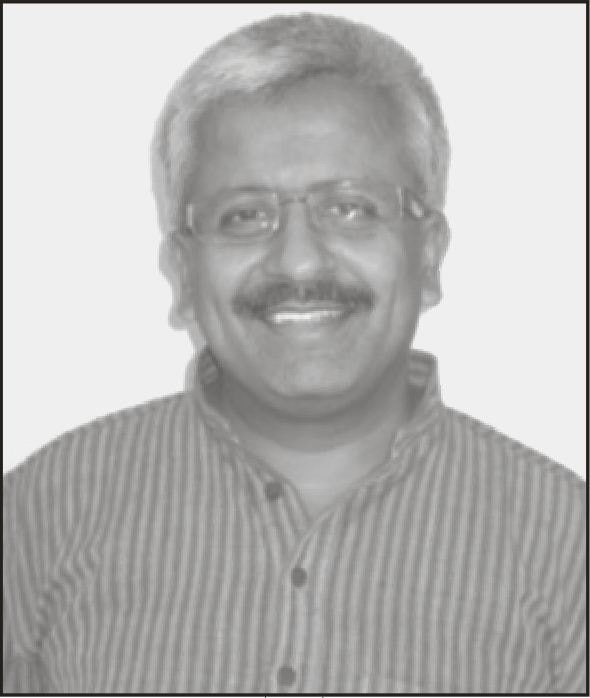

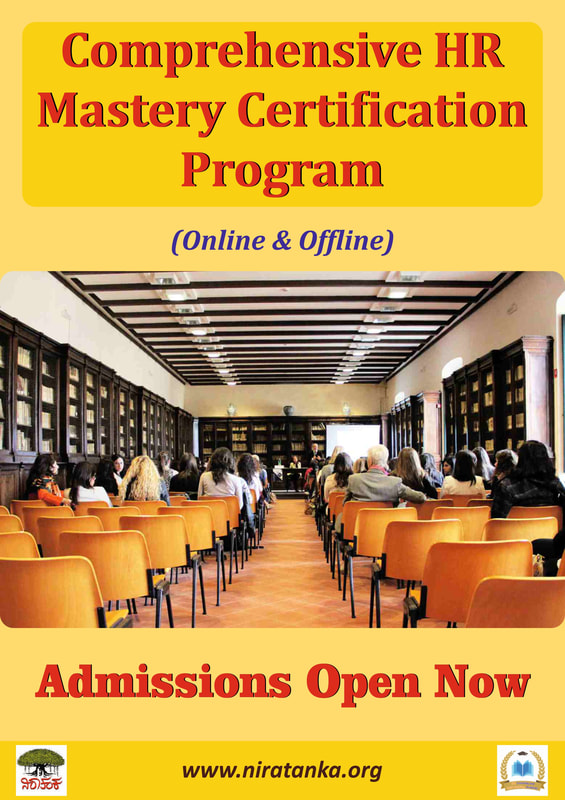




 RSS Feed
RSS Feed
